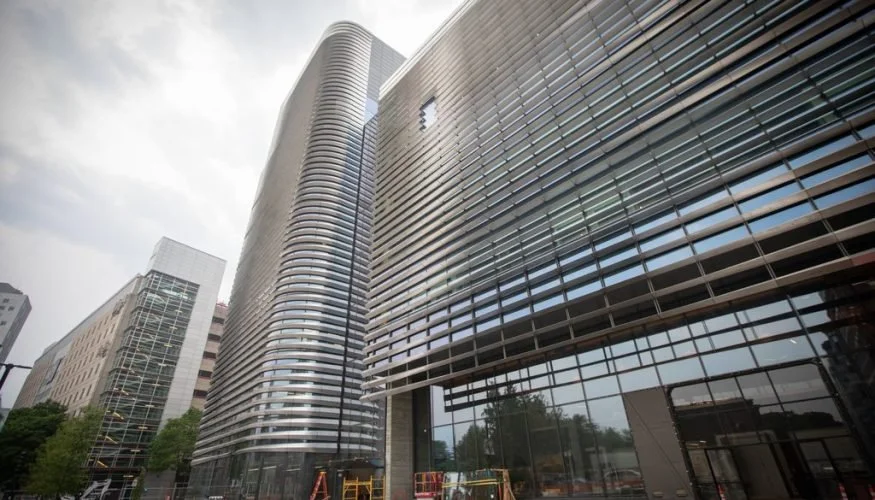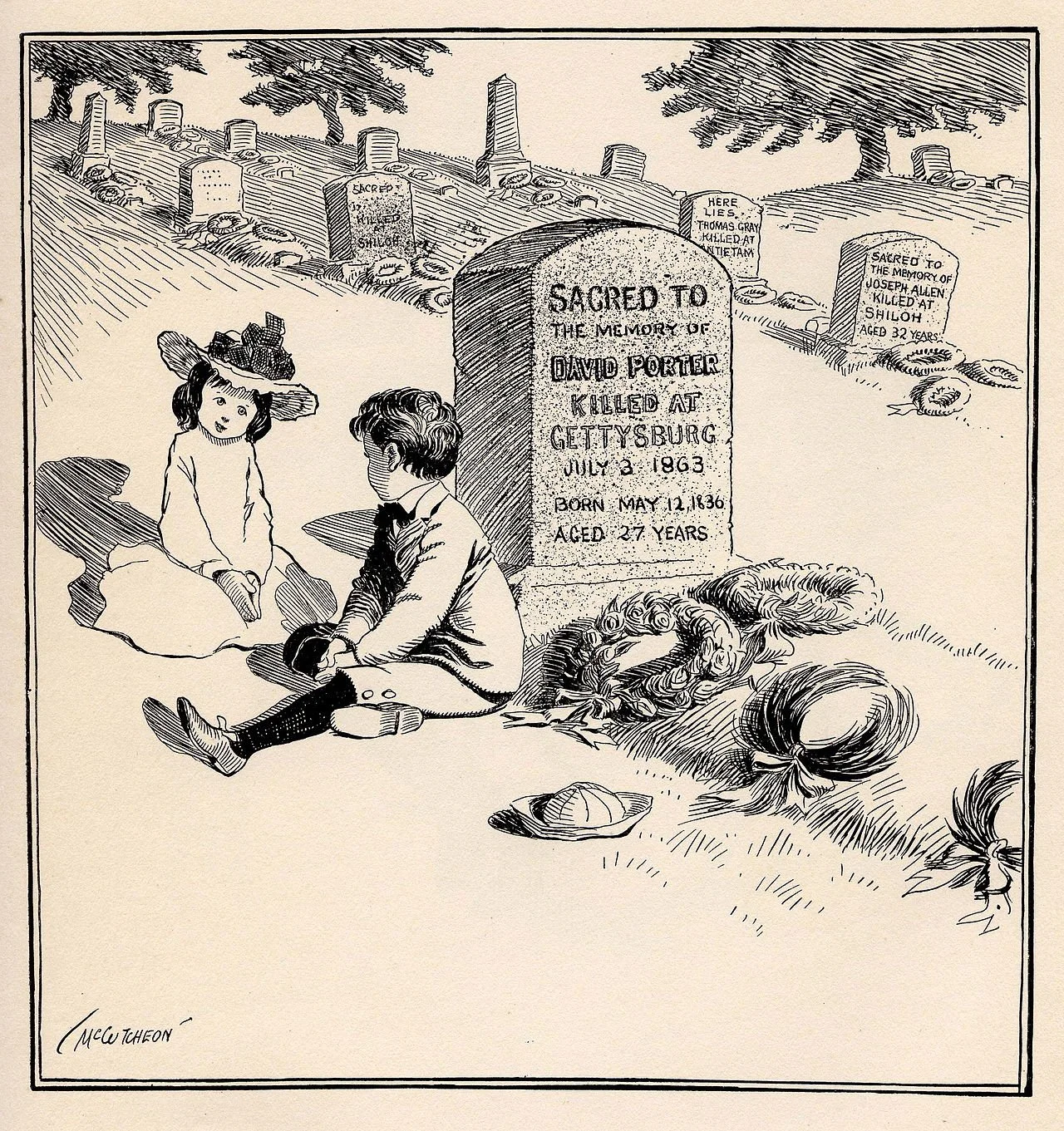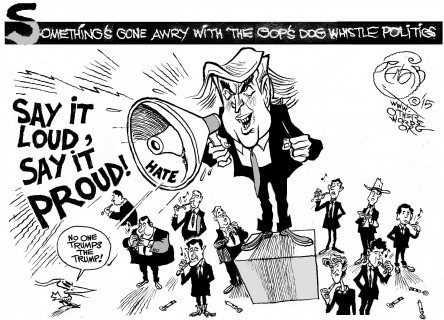We got so much reaction to the press release sent us by the producer of Trump: What's the Deal? that we're republishing it here. Links to the trailer and the movie are below. You can see the whole movie for free. The trailer is very funny-- and of course fast-paced. Listening to the utterly unique voice of Peter Foges, the narrator, is quite an experience.
The movie is an often hilarious and often enraging look at crony capitalism, runaway narcissism and materialism, much of it within a time capsule of '80s kitsch.
American civic life has been heading ever deeper into the sewer, but it's sometimes a fun ride.
FOR IMMEDIATE RELEASE
For inquiries, please use:
press@trumpthemovie.com
DOCUMENTARY TRUMP SUPPRESSED TO BE RELEASED AFTER 25 YEARS
Trump: What’s the Deal? is an investigative documentary that was completed in 1991 --- but has never been seen by the national audience it was made for. Trump took great pains to suppress the film, threatening networks, distributors, and the filmmakers.
Producer Libby Handros says: “Now that Trump is running for president, it’s time for the American people to meet the real Donald and learn how he does business. The old Trump and the new Trump? They're the same Trump.”
“While much has been written on Donald, few know how he built his business,” she explains. “This documentary, which we made at great personal cost over three years, is filled with vivid and dramatic commentary by Trump insiders and prominent outside observers, who expose how he operated as he rose to national prominence.”
NOT “SELF-MADE”
Trump has claimed to be a self-made billionaire. That’s the first myth this documentary punctures. Trump used his father's money and government connections in addition to taxpayer largesse to begin his empire.
“Donald is neither self-made nor anything like a true small-government conservative,” Handros says. “His father made huge profits off Federal Housing Authority loans, and with the help of his father’s friends in government, Donald used the same techniques to build what fortune he actually has.”
TRUMP’S “WEALTH.”
“We also launched one of the first investigations into Trump’s finances to reveal that he did not have nearly as much money as he says he did—a pattern of deception and aggrandizement that continues to this day,” Handros says. “Of all the damaging things we uncovered about Trump, that’s definitely the one that upsets him the most and led to him going after our film so hard.”
A HOST OF REVELATIONS
- Trump’s mob-connected contractor used illegal immigrant labor, provided with no safety equipment, to demolish the building that stood in the way of Trump’s first signature building: Trump Tower.
- Trump hired a company that specialized in psychological attacks and blackmail to move tenants out of a building he wanted demolished.
- Trump was a major factor in the implosion of the United States Football League, and made a failed bid to “buy” Mike Tyson.
- Trump was in bed with the Mafia to buy the land for his first casino, Trump Plaza; he had ongoing associations with known mob figures and drug dealers in Atlantic City.
- Trump’s compulsion, then and now, to verbally abuse his wife and other family members as well as his colleagues and employees.
- Trump bad-mouthed three top executives of his Atlantic City casinos after their death in a company helicopter crash, blaming them for the near collapse of his empire.
- Trump’s manipulation and lying to the press… and their complicity in making him the force he is today.
- Trump’s long battle to move the airport farther away from his mansion in Palm Beach.
And much, much more…
The film was a production of The Deadline Company and produced by Al Levin, an award-winning documentary film producer, (now deceased) and Libby Handros. When the film’s executive producer Ned Schnurman passed away, Handros inherited the piece.
Trump: What’s the Deal? was recently called “an unforgettable investigation into the mating of commerce, corruption and celebrity in America's latest Gilded Age. It explodes the Trump mythology and his presidential campaign with it.’’
To watch the trailer: https://www.youtube.com/watch?v=7Qy75pRQKMU
To watch the film: www.trumpthemovie.com
















